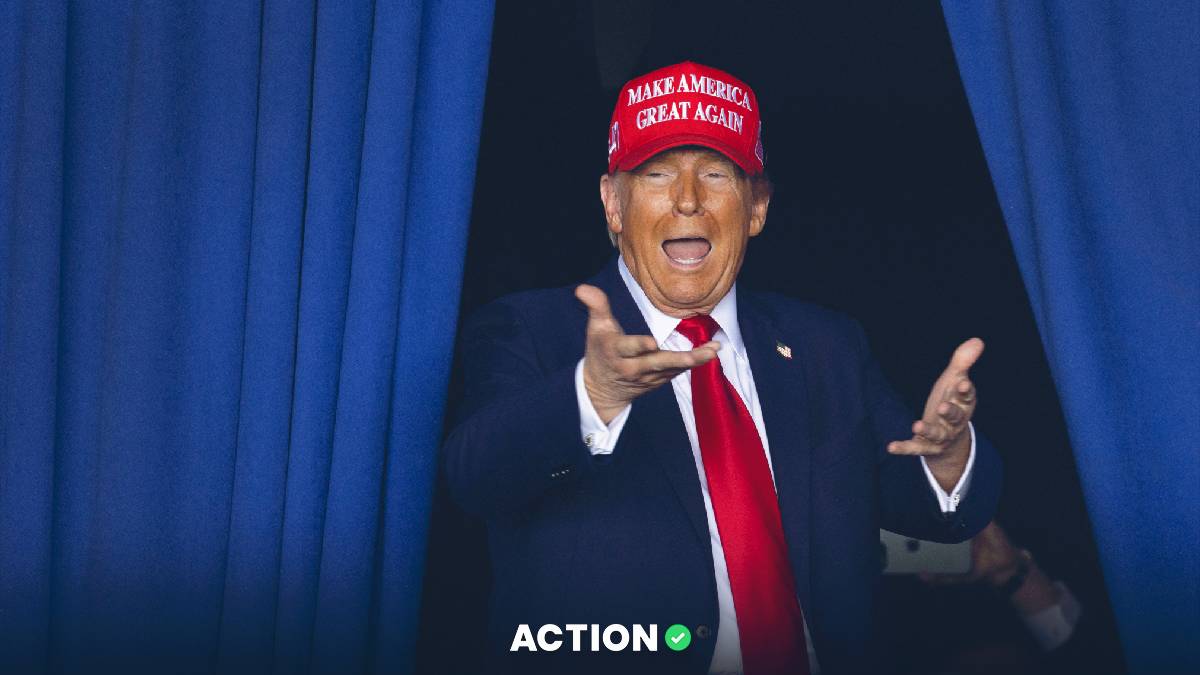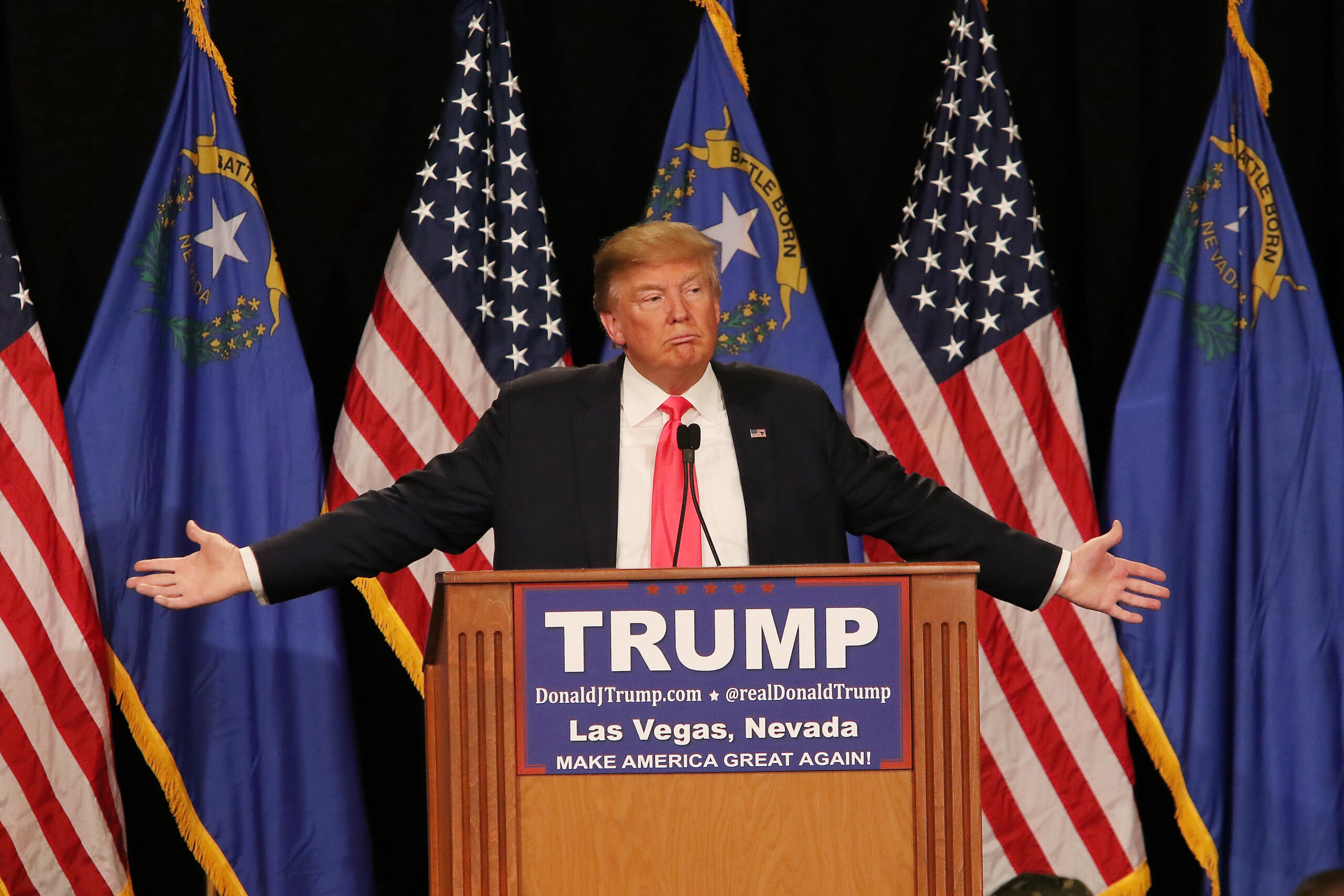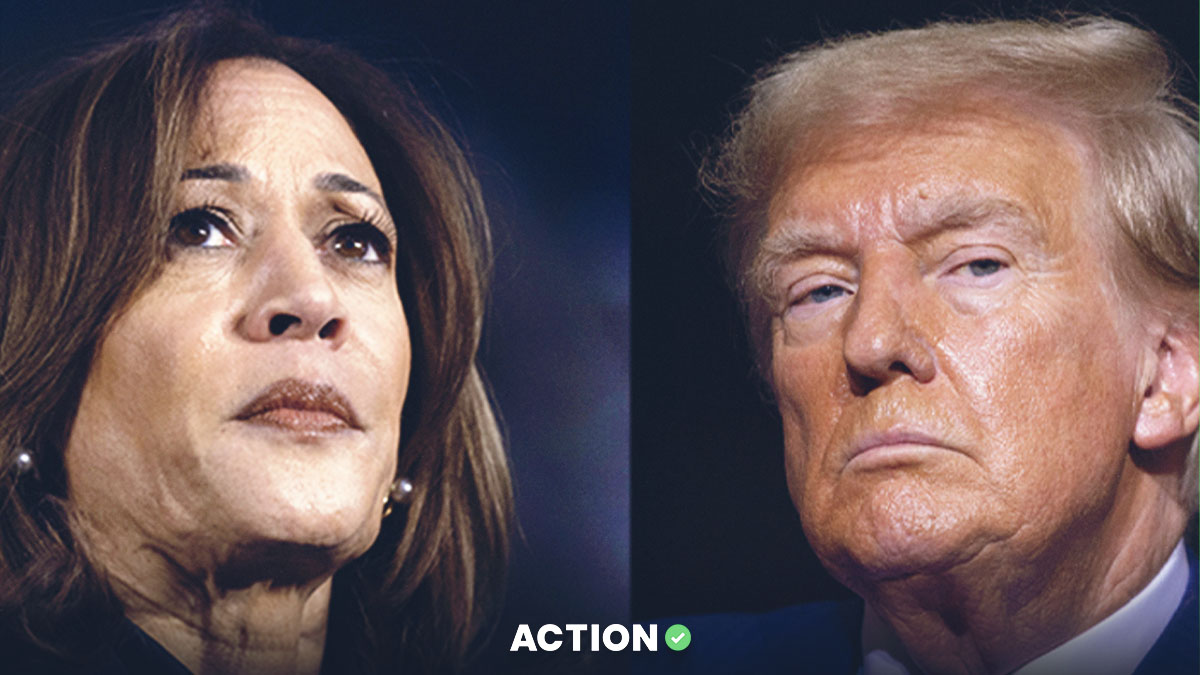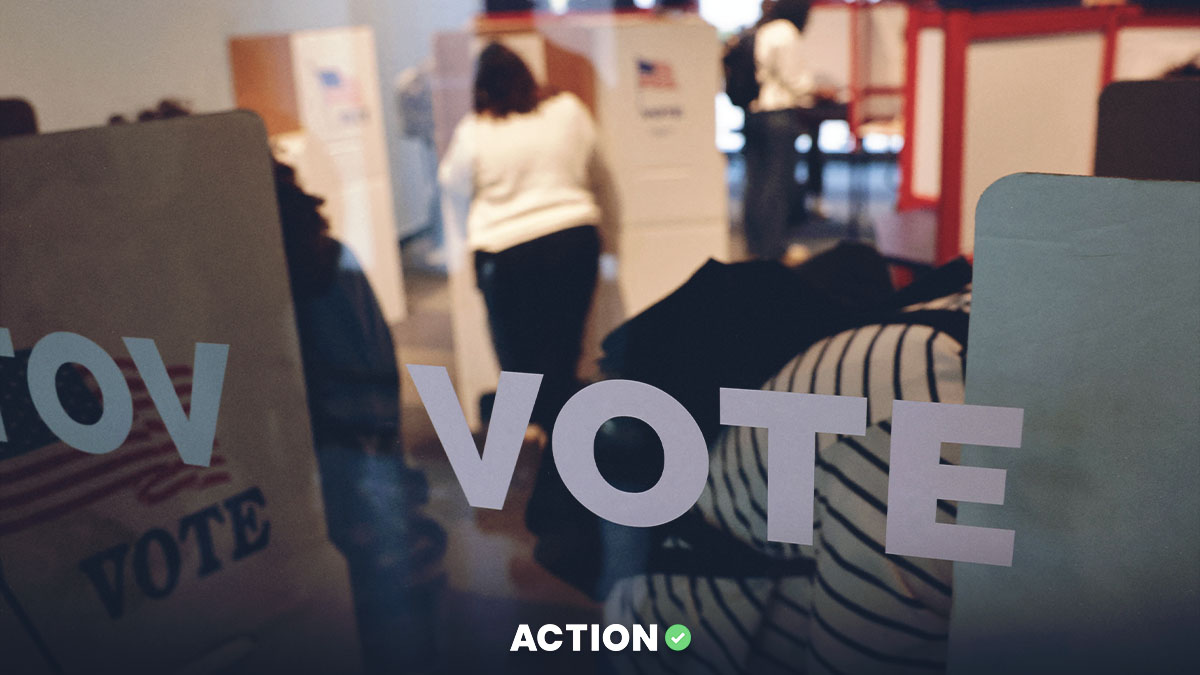On Monday, the U.S. Supreme Court voted 7-2 to allow the state of New Jersey to offer sports gambling.
Here's everything you need to know.
How soon will you be able to bet on sports in New Jersey?
Licensed casinos, licensed racetracks and former racetracks would seemingly be permitted to offer some forms of in-state sports betting as soon as they are able.
William Hill CEO Joe Asher said, “We’re going to be ready to open for business at Monmouth Park as soon as responsibly possible.”
Just last week, New Jersey lawmakers introduced another sports-betting bill. The new bill included more robust regulatory features and may be a more optimal option for New Jersey.
What are the next states set to legalize sports betting?
Outside of New Jersey, the other states ready take advantage of this ruling most immediately are: Delaware, Connecticut, Iowa, Mississippi, New York, Pennsylvania and West Virginia.
In total, more than a dozen states are currently considering bills to legalize sports betting within their borders. Many include ‘placeholder clauses’ that would be activated by a favorable Supreme Court decision. As such, opportunistic states could move forward in the legislative process immediately if they want to.
With today's ruling, there is no need for a placeholder clause anymore.
Can the sports leagues appeal Monday's ruling?
No, they cannot. The Professional and Amateur Sports Protection Act (PASPA), which had previously prevented states outside of Nevada from offering sports betting, is now unconstitutional, per the Supreme Court. The provision had been in effect for nearly 26 years.
Will Congress get involved in sports betting legislation?
We'll see. While PASPA has been ruled unconstitutional, that does not prevent Congress from taking another stab at sports betting regulation. Indeed, Congressman Frank Pallone (D-NJ) has already formally introduced legislation. Additional efforts — perhaps influenced by stakeholder lobbying — will probably spring up, too. If so, hearings on Capitol Hill would be scheduled and witnesses would be asked to testify.
No Congressional hearings are currently scheduled.



















































